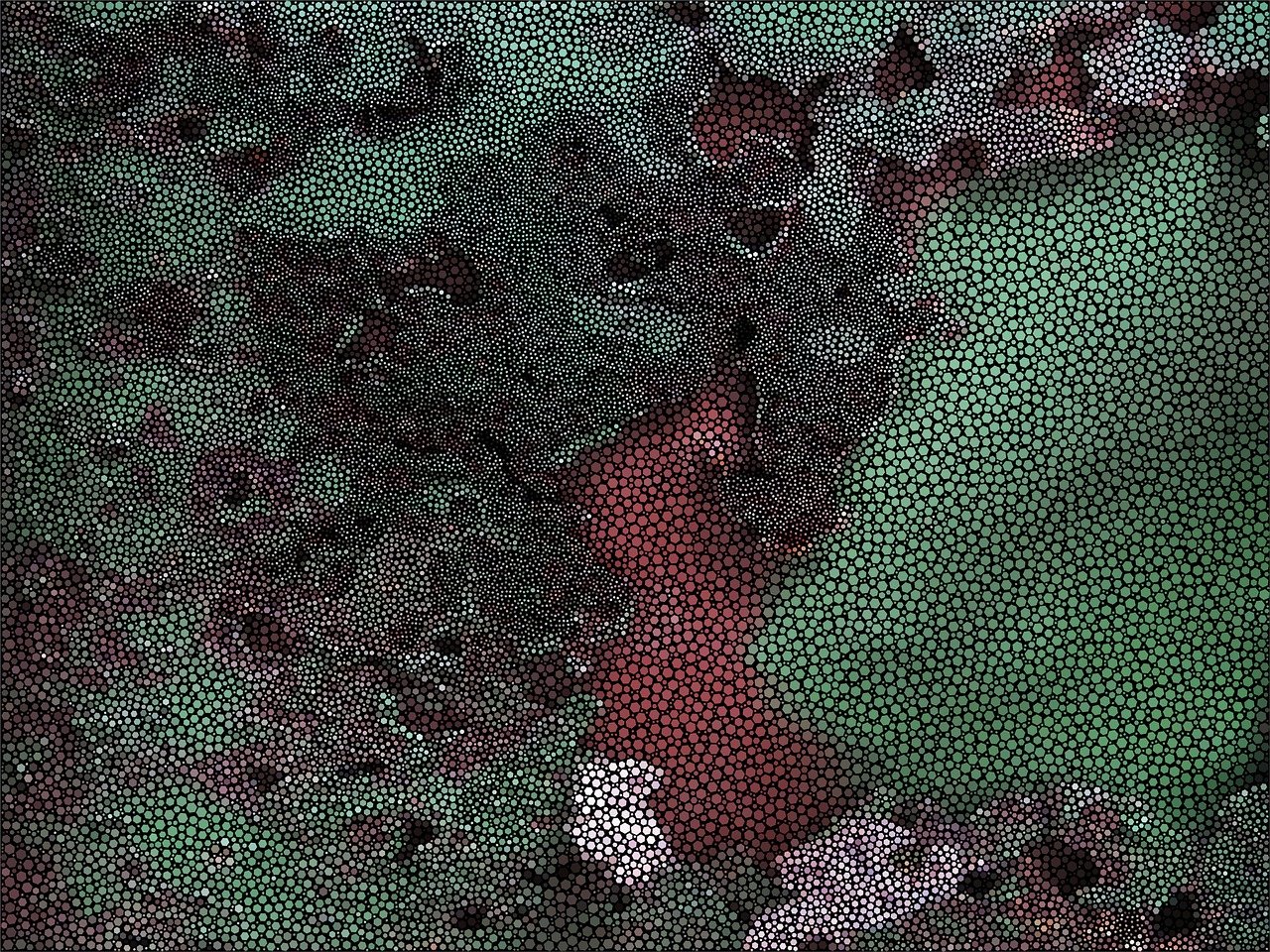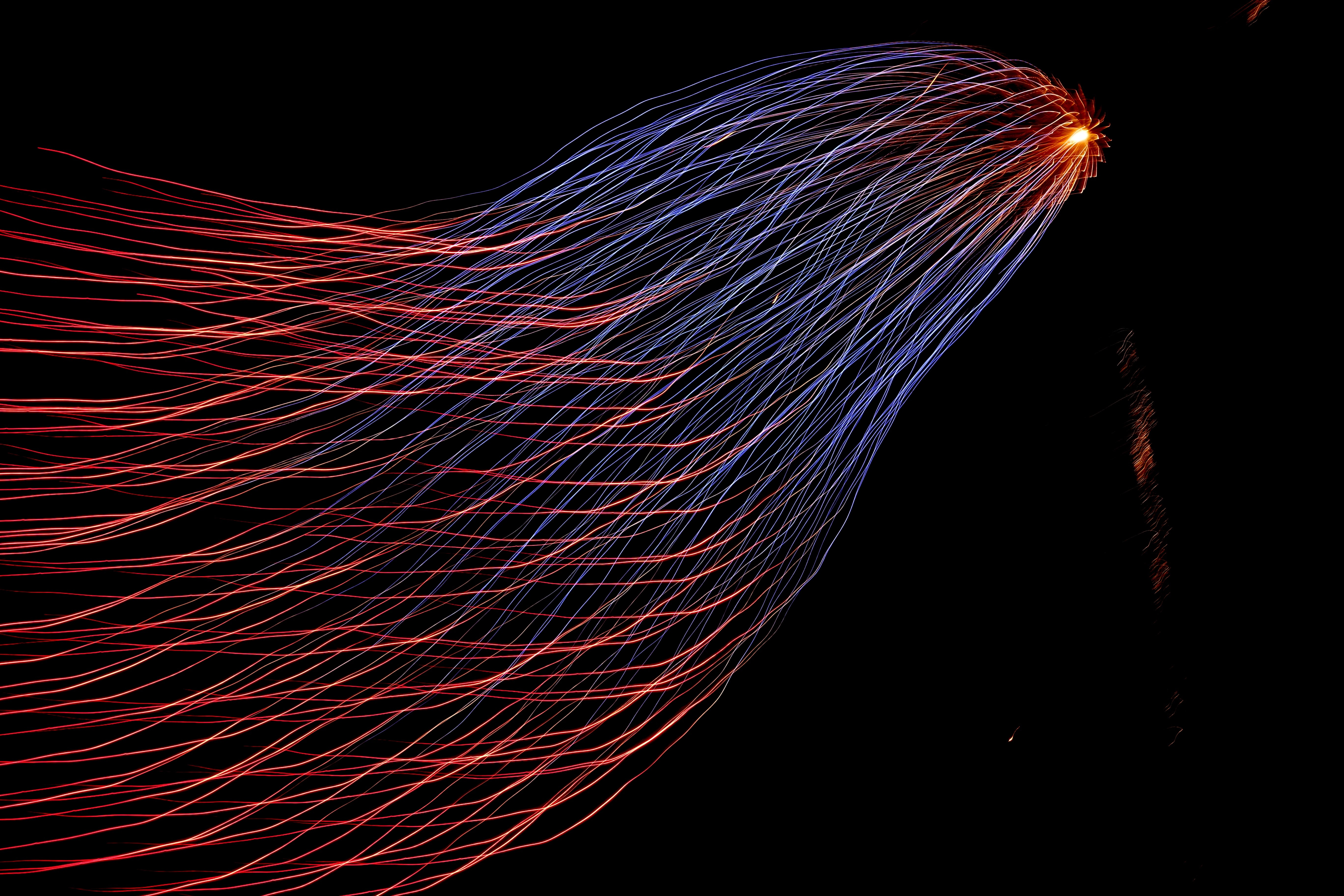SDS Seminar Series – Michele Guindani, University of California, Los Angeles
Oct
10
2025

Oct
10
2025
Description
The Fall 2025 SDS Seminar Series continues on October 10th from 2:00 p.m. to 3:00 p.m. with Dr. Michele Guindani (Professor, Department of Biostatistics, University of California, Los Angeles). This event is in-person in the Avaya Room (POB 2.302).
Title: Embracing Heterogeneity: Bayesian Clustering Methods for Neuroscience Data
Abstract: A common practice in neuroscience is to average data across analytical units such as neurons, trials, or subjects. While averaging can improve signal, it often masks important heterogeneity in brain activity. In this talk, I will present two recent methods that employ Bayesian clustering to recover latent subpopulations and neuronal ensembles, with applications in human and animal experiments. First, I will introduce a repulsive mixture model applied to Event-Related Potential (ERP) data. ERPs are small voltage changes in the brain's electrical activity, measured by electroencephalography (EEG), that are time-locked to a specific stimulus or cognitive event. Our model assigns a projection determinantal point process (pDPP) prior to the cluster locations, which mathematically enforces separation and helps uncover these hidden neuro-cognitive subgroups. The analytical tractability of the pDPP prior leads to efficient algorithms that yield parsimonious, interpretable partitions with strong frequentist guarantees, including posterior consistency and the automatic elimination of redundant components. Second, I will describe a Bayesian semiparametric framework for calcium imaging that jointly infers neural spikes and identifies functionally coherent ensembles. We model spiking probability with latent Gaussian processes and promote anatomical coherence using a location-dependent stick-breaking prior. Applied to hippocampal recordings from a mouse navigating a circular arena, the model reveals spatially structured co-activation patterns that vary with the animal's position. Taken together, these studies demonstrate the value of Bayesian clustering techniques for uncovering structure in human ERPs and mouse calcium imaging data.
Other Events in This Series
Sep
8
2023
SDS Seminar Series – Dr. Emily Roberts
A Causal Inference Approach for Surrogate Marker Evaluation with Mixed Models
2:00 pm – 3:00 pm • In Person
Speaker(s): Emily Roberts
Sep
15
2023
SDS Seminar Series – Dr. Dimitris Korobilis
Monitoring Multicountry Macroeconomic Risk
2:00 pm – 3:00 pm • Virtual
Speaker(s): Dimitris Korobilis
Sep
22
2023
SDS Seminar Series – Dr. Will Fithian
Estimating the False Discovery Rate of Model Selection
2:00 pm – 3:00 pm • In Person
Speaker(s): Will Fithian
Sep
29
2023
SDS Seminar Series – Dr. David Moriarty
A Data Science Journey in Business
2:00 pm – 3:00 pm • In Person
Speaker(s): David Moriarty
Oct
6
2023
SDS Seminar Series – Dr. Amanda Ellis
Navigating the Future of Statistics Education: Leveraging ChatGPT's Advantages and Overcoming Challenges
2:00 pm – 3:00 pm • Virtual
Speaker(s): Amanda Ellis
Oct
20
2023
SDS Seminar Series – Dr. Amy Zhang
Bisimulation and Reinforcement Learning
2:00 pm – 3:00 pm • Virtual
Speaker(s): Amy Zhang
Oct
27
2023
SDS Seminar Series – Dr. Marcelo Medeiros
Global Inflation Forecasting: Benefits from Machine Learning Methods
2:00 pm – 3:00 pm • Virtual
Speaker(s): Marcelo Medeiros
Nov
3
2023
SDS Seminar Series - Dr. Steve Yadlowsky
Choosing a Proxy Metric from Past Experiments
2:00 pm – 3:00 pm • Virtual
Speaker(s): Steve Yadlowsky
Nov
10
2023
SDS Seminar Series – Drew Herren
Statistical Aspects of SHAP: Functional ANOVA for Model Interpretation
2:00 pm – 3:00 pm • In Person
Speaker(s): Drew Herren
Dec
1
2023
SDS Seminar Series – Dr. Dave Zhao
High-Dimensional Nonparametric Empirical Bayes Problems in Genomics
2:00 pm – 3:00 pm • In Person
Speaker(s): Dave Zhao










